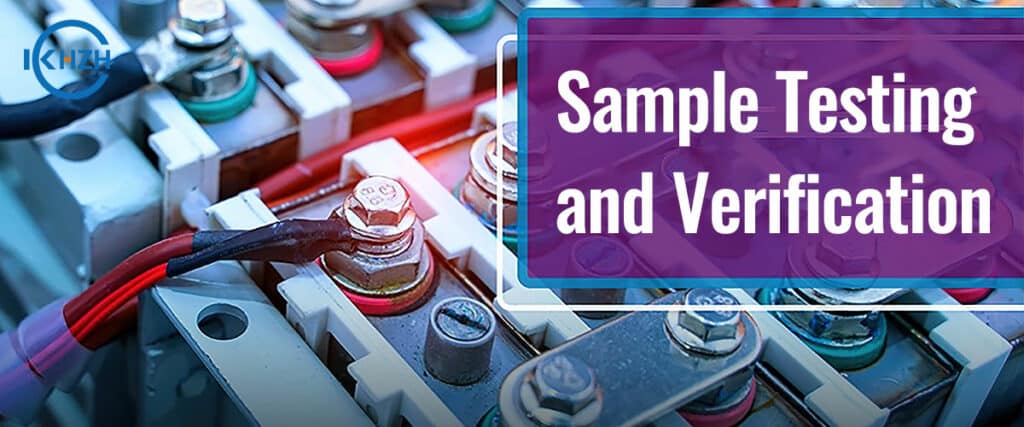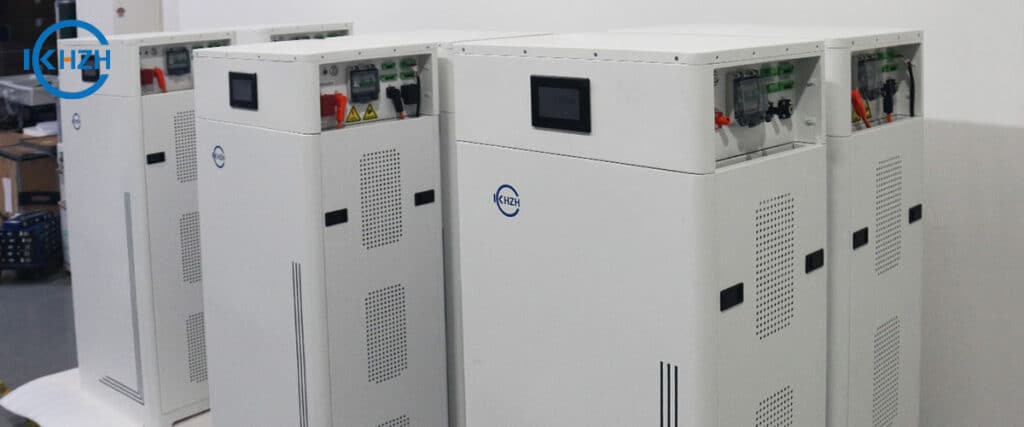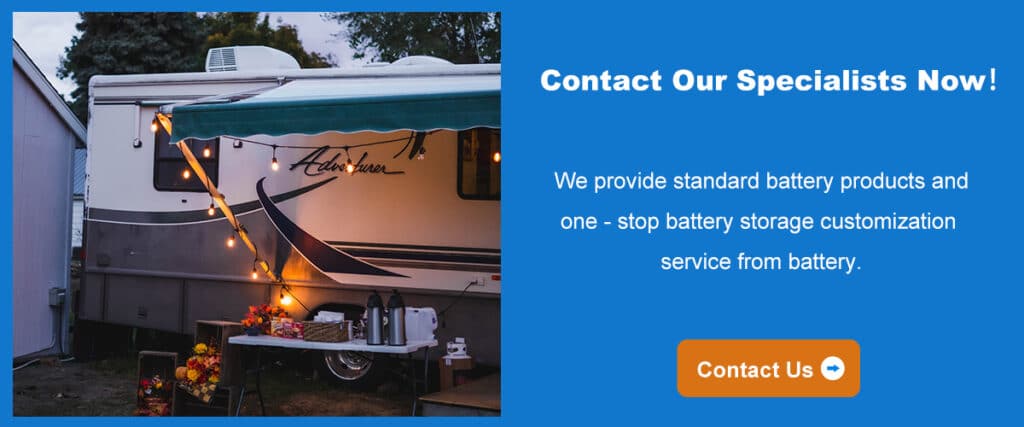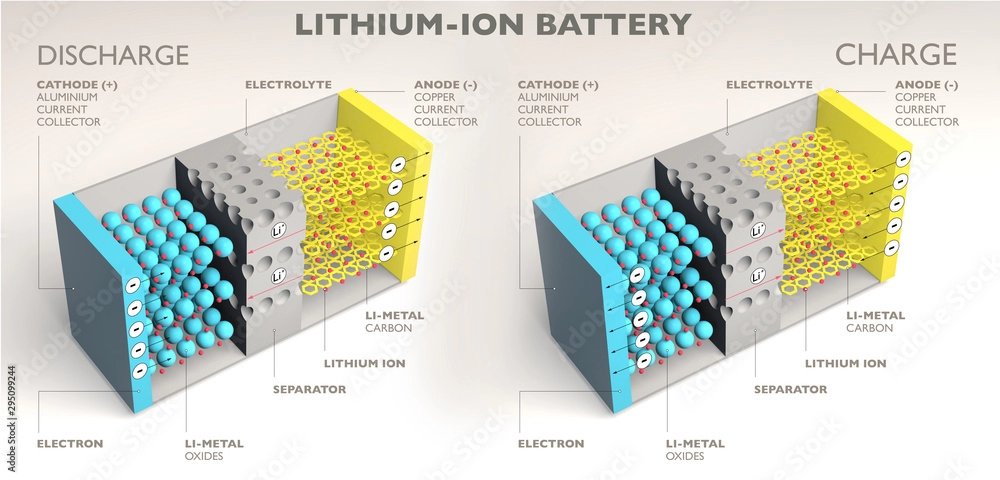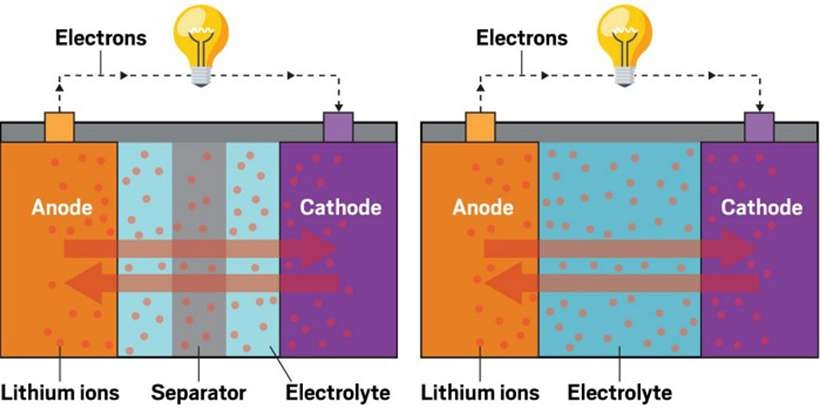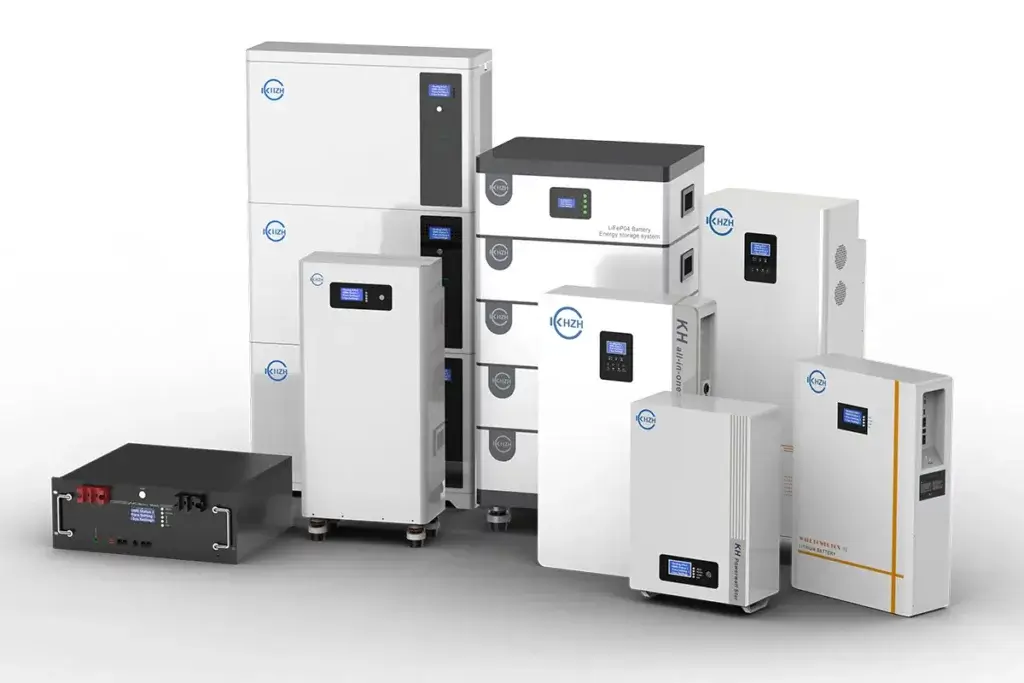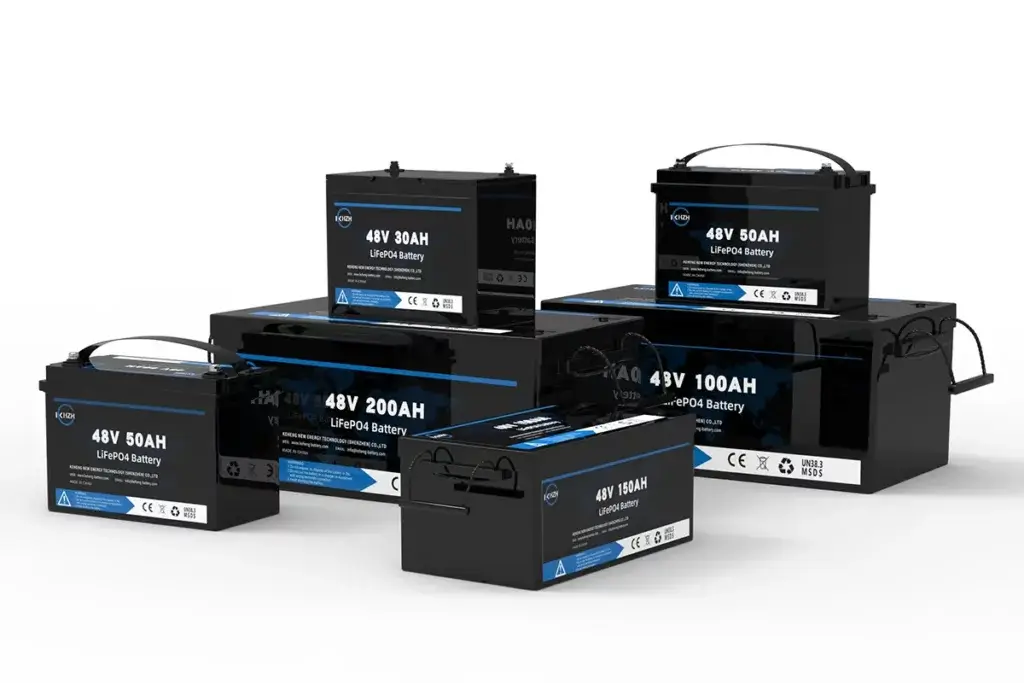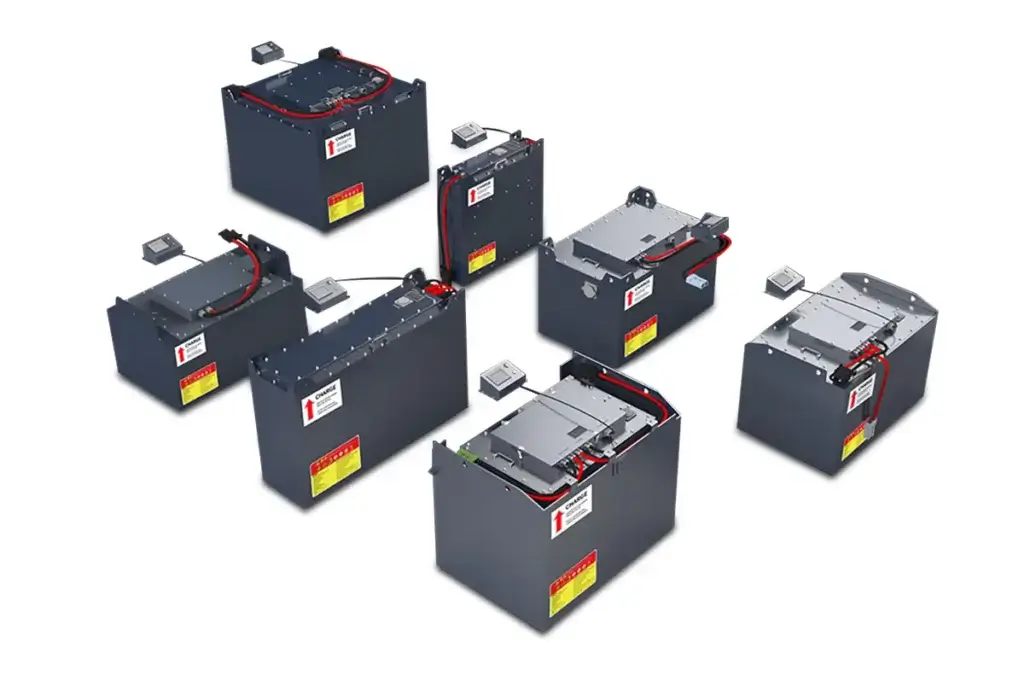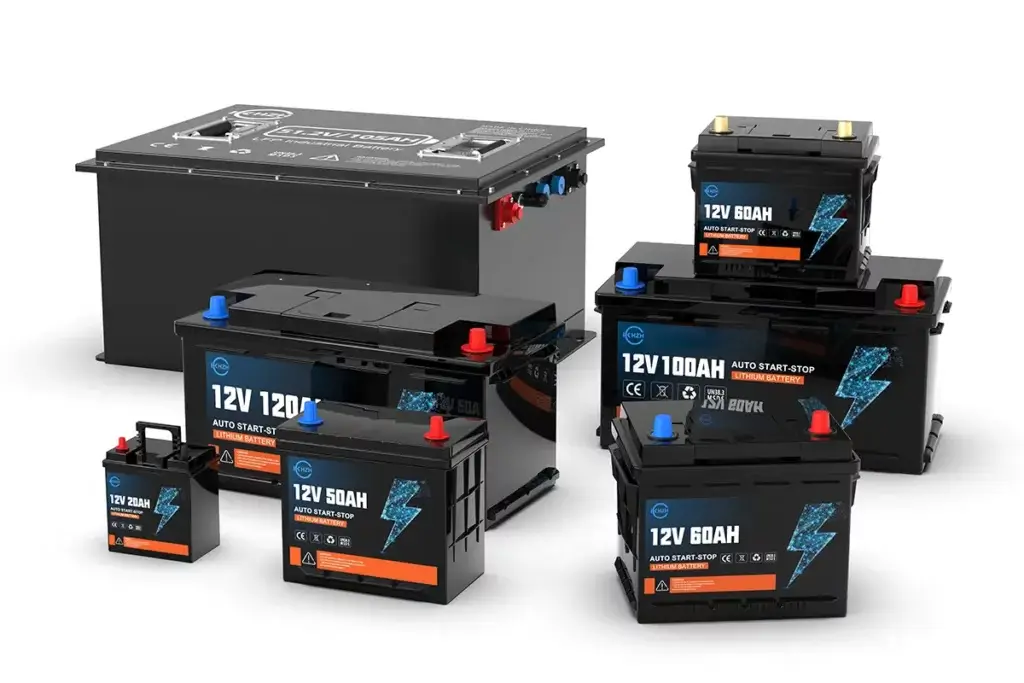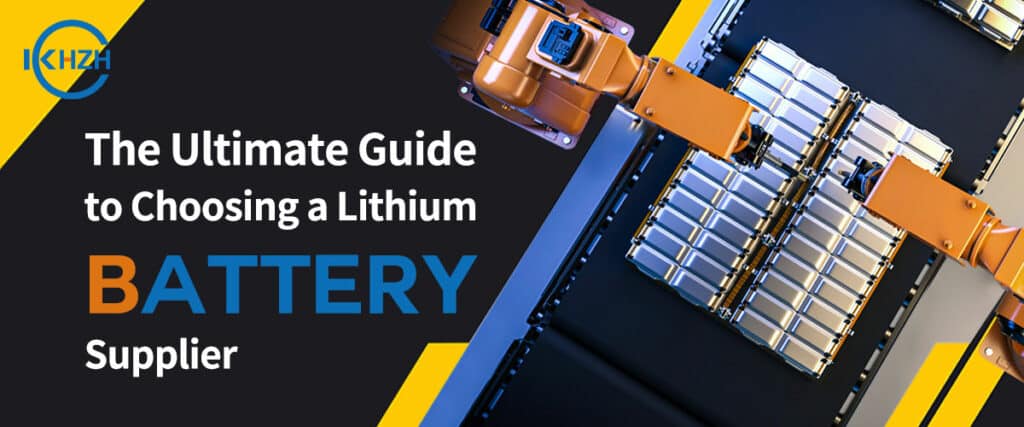
Compared with traditional lead-acid batteries and nickel-chromium batteries, lithium-ion batteries have the advantages of high energy density, long cycle life, good charging and discharging performance, high operating voltage, no memory effect, less pollution and high safety. Lithium batteries are mainly divided into consumer lithium batteries, power batteries and energy storage batteries according to downstream applications.
From the perspective of its development, lithium-ion batteries were firstly used in the 3C field, which is the consumer deep cycle lithium battery. With the improvement of Li-ion battery technology, the application areas are becoming more and more extensive, such as the power system of golf carts, marine and submarine power systems, and now the popular energy storage system.
This article will help readers understand how to choose the right lithium battery supplier.
Table of Contents
Determining Your Lithium Battery Needs
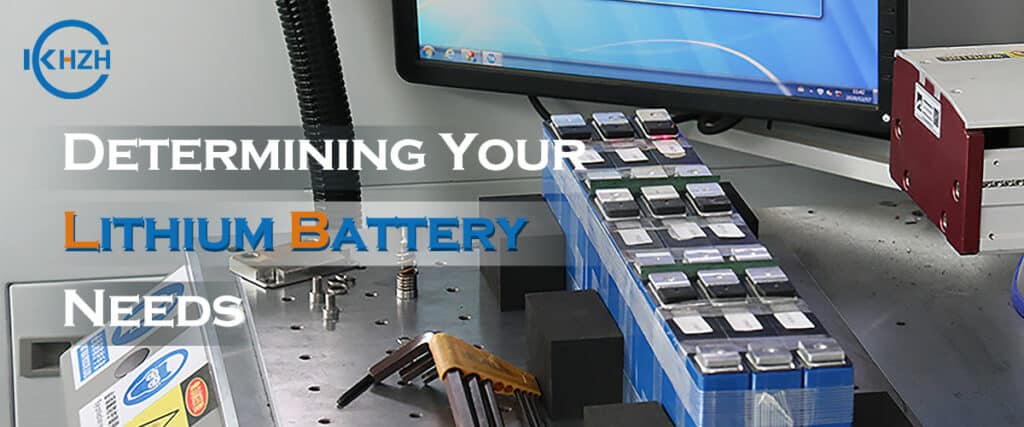
Defining your lithium battery needs is a critical step in choosing the right supplier.
Applications and Uses
First, define what application field your Li-ion battery will be used for, such as consumer electronics, electric vehicles, industrial equipment, etc.
Then, identify what applications your lithium iron phosphate battery will be used for, such as energy supply, energy storage, home battery backup power, etc.
Battery specifications and parameters
Define the battery specifications and parameters, such as voltage, capacity, size, etc., according to your needs. These parameters will vary according to different applications and uses.
Consider the rated voltage, discharge current, and charging and discharging cycles of the battery.
Lithium Battery Type
Determine which type of lithium battery you need, such as lithium-ion,lithium polymer battery, and so on. Different types of lithium batteries may vary in performance.
Quantity Requirements
Determine the quantity of batteries you need so that Lithium Battery Supplier can provide accurate quotes and delivery times.
Consider whether you need to purchase a large quantity of batteries at one time, or whether you need to order smaller quantities on a regular basis.
Quality and Performance Requirements
Define your requirements for battery quality and performance, such as charging efficiency, cycle life, operating temperature range, etc.
Consider whether you need to meet specific certification standards, such as ISO certification, UL certification, etc.
Project Timeline
Determine your project timeline, including battery delivery times and project start dates. This will help Lithium battery pack manufacturer plan production and delivery.
Future expansion plans
Consider whether there are plans for future expansion, such as increasing the scale of production, introducing new products, etc. This will affect your long-term demand for suppliers.
Finding Potential Lithium Battery Supplier
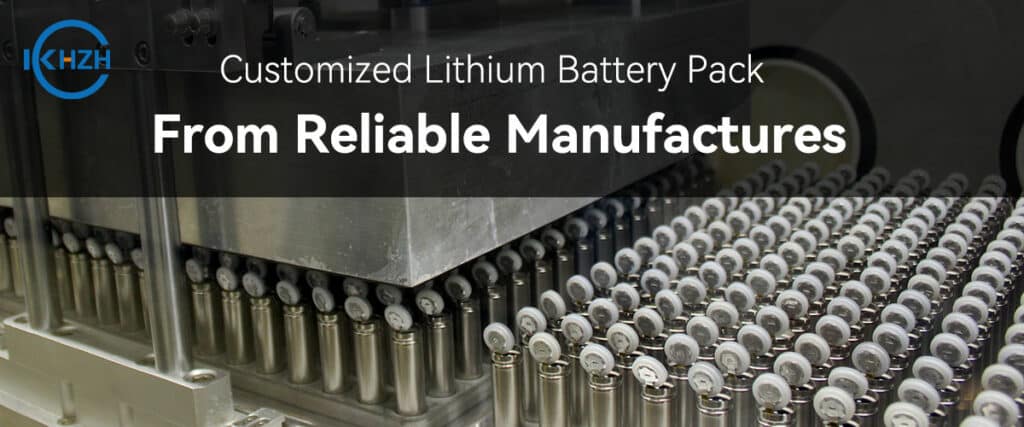
If you are a buyer who intends to enter the lithium ion battery market newly or used to make lead-acid batteries and want to upgrade to lithium battery product line, then the following three ways to find Lithium Battery Supplier
1. Industry trade shows and conferences: participate in industry events and interact with suppliers
2. Online search and B2B platforms: Utilizing online resources to find supplier lists
